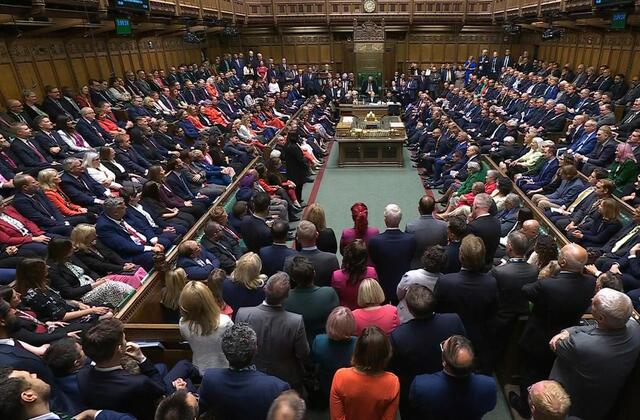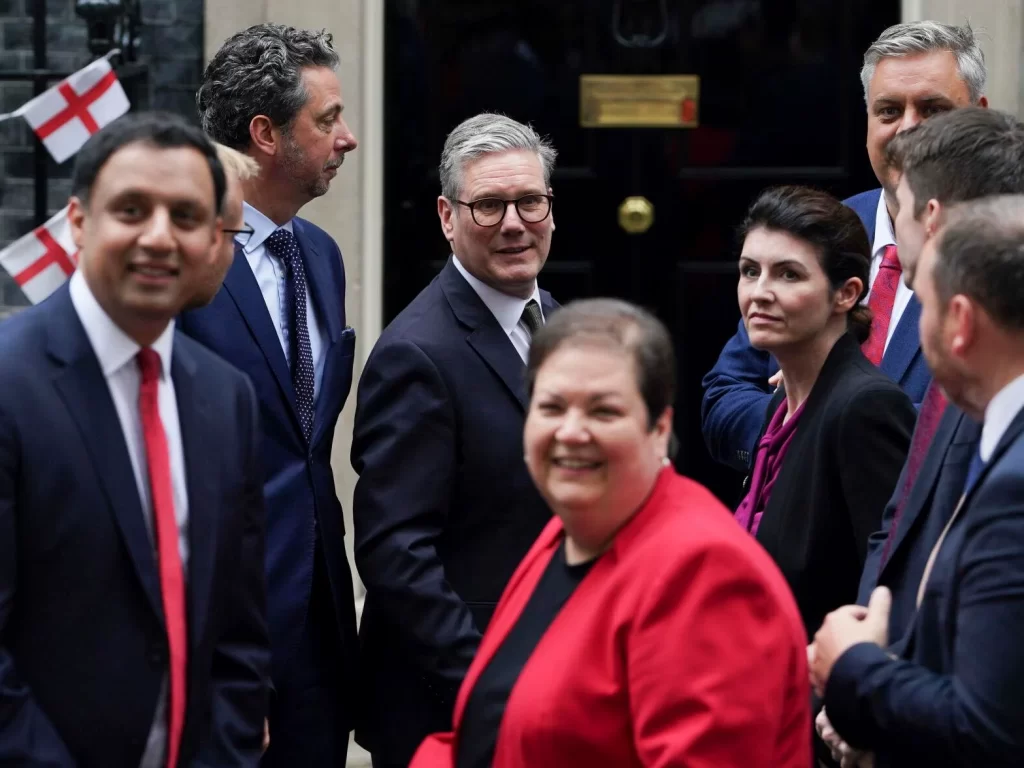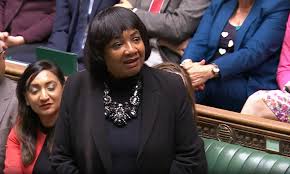Hundreds of newly elected lawmakers were sworn in on Tuesday, filling the halls of Parliament with excitement and anticipation following the U.K.’s transformative election that resulted in a Labour government taking power.

The usually somber and grand halls of the Parliament building buzzed with lively chatter from the 650 members of the House of Commons. Remarkably, 335 of these members were entering the Parliament for the first time, marking a significant influx of new faces compared to the 140 new lawmakers who arrived after the 2019 election.
The atmosphere inside the Parliament resembled a bustling school at the start of a new term. Rows of lockers had been temporarily installed in the wood-paneled corridors to accommodate the belongings of the new members. Staff members, equipped with “Ask Me” signs, were stationed throughout the building to guide and assist the bewildered newcomers as they navigated the labyrinthine corridors.

The composition of the new House of Commons is notable for its diversity and inclusivity. This Parliament boasts the largest number of women ever elected, with 263 female lawmakers, making up approximately 40% of the total members. Additionally, this election saw the highest number of lawmakers of color, with 90 members representing various ethnic backgrounds.
Among the fresh faces is Sam Carling, a 22-year-old Labour representative, who now holds the distinction of being the youngest new lawmaker. Carling is part of a significant contingent of 412 Labour legislators who were elected last week. These new members will occupy the green benches on the government side of the House of Commons, eager to implement their party’s agenda and drive legislative change.
Opposition Faces a Shrunk Contingent
Across the aisle, the opposition benches have undergone a dramatic transformation. The Conservative Party, which previously held a dominant position, now finds itself with a reduced contingent of 121 members. In contrast, the Liberal Democrats have seen a substantial increase, with their numbers swelling to 72. Additionally, a variety of other parties, including the environmentalist Green Party and the anti-immigration Reform UK, are represented by a smattering of members, reflecting the diverse political landscape of the country.
As the new lawmakers settled in, those who lost their seats in the recent election were seen packing up their offices. Boxes and suitcases filled with personal belongings were carted away, marking the end of their tenure and making way for the incoming members.

First Job: Electing a Speaker
The initial order of business for the newly constituted House of Commons was to elect a speaker. This role is crucial for overseeing the business of the House, ensuring that debates are conducted fairly, and maintaining order during often heated and unruly sessions. The speaker’s election is a critical step in establishing the operational framework of the new Parliament and setting the tone for its legislative agenda.
The swearing-in of the new lawmakers and the subsequent procedural activities mark the beginning of a new chapter in British politics. With a significant number of fresh faces and a Labour government at the helm, the Parliament is poised for dynamic debates and potential shifts in policy direction.
AP



